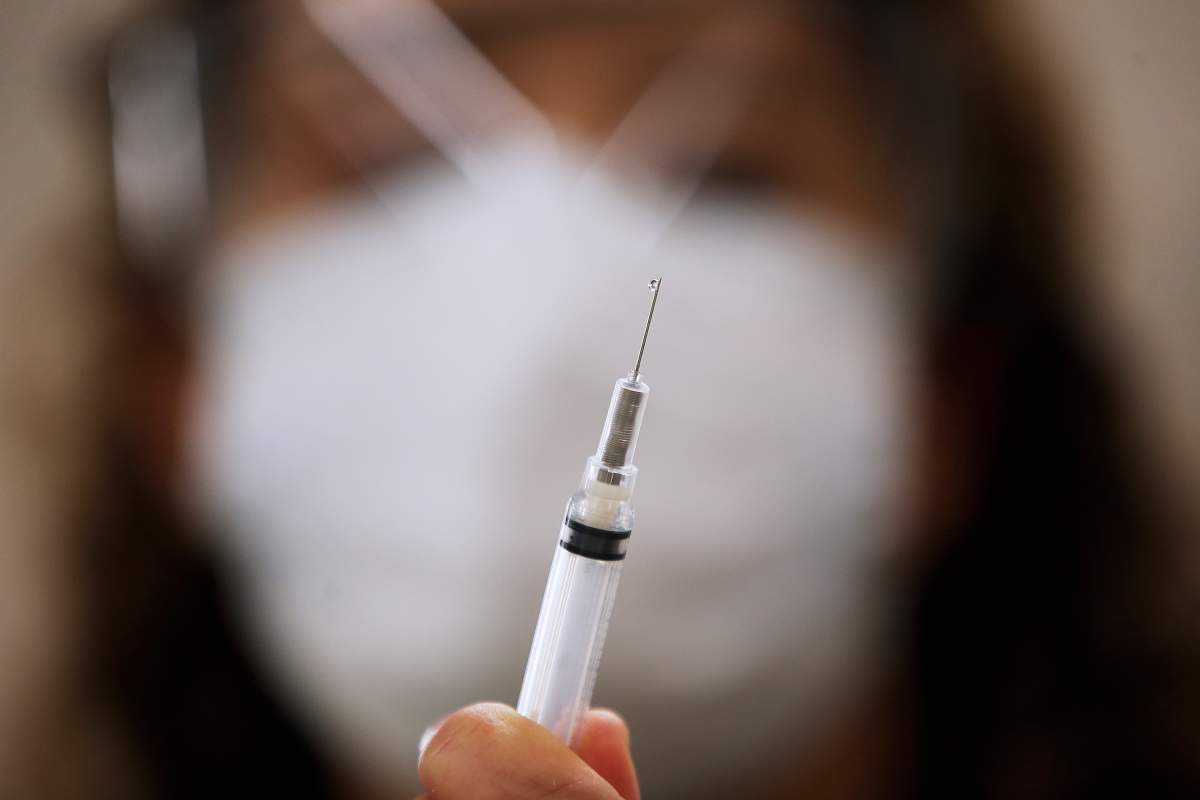Manitoba has again expended eligibility for a second COVID-19 vaccine dose.

As of Friday, anyone who received a first dose on or before April 25 can now book an appointment for a second.
All Indigenous people in the province, as well, as people with certain high-risk medical conditions, can also book a second dose.
Earlier this week health officials announced those who received the AstraZeneca COVID-19 vaccine for their first dose can get either the Pfizer or Moderna vaccine for their second shot.

Health officials have said those making appointments need to know which vaccine they first received, and the date the dose was given. Personal vaccine information can be found on Shared Health’s website or by calling the local public health office.
Meanwhile, all Manitobans 12 and over are eligible to book their first-dose appointments.
First and second-dose vaccine appointments can be made by calling 1-844-626-8222 (1-844-MAN-VACC) or visiting the province’s website.

Get weekly health news
Health officials have previously said they expect to announce new second-dose eligibility on Mondays, Wednesdays and Fridays.
–With files from The Canadian Press
Questions about COVID-19? Here are some things you need to know:
Symptoms can include fever, cough and difficulty breathing — very similar to a cold or flu. Some people can develop a more severe illness. People most at risk of this include older adults and people with severe chronic medical conditions like heart, lung or kidney disease. If you develop symptoms, contact public health authorities.
To prevent the virus from spreading, experts recommend frequent handwashing and coughing into your sleeve. They also recommend minimizing contact with others, staying home as much as possible and maintaining a distance of two metres from other people if you go out. In situations where you can’t keep a safe distance from others, public health officials recommend the use of a non-medical face mask or covering to prevent spreading the respiratory droplets that can carry the virus. In some provinces and municipalities across the country, masks or face coverings are now mandatory in indoor public spaces.
For full COVID-19 coverage from Global News, visit our coronavirus page.
- This H3N2 flu strain is spreading ‘rapidly.’ Why subclade K is hitting hard
- U.S. may soon reclassify marijuana to allow medical research. What to know
- EU proposal would ease cross-border abortion access for women facing bans
- Ontario influenza ICU admissions up 127% in past week, hospital association warns








Comments